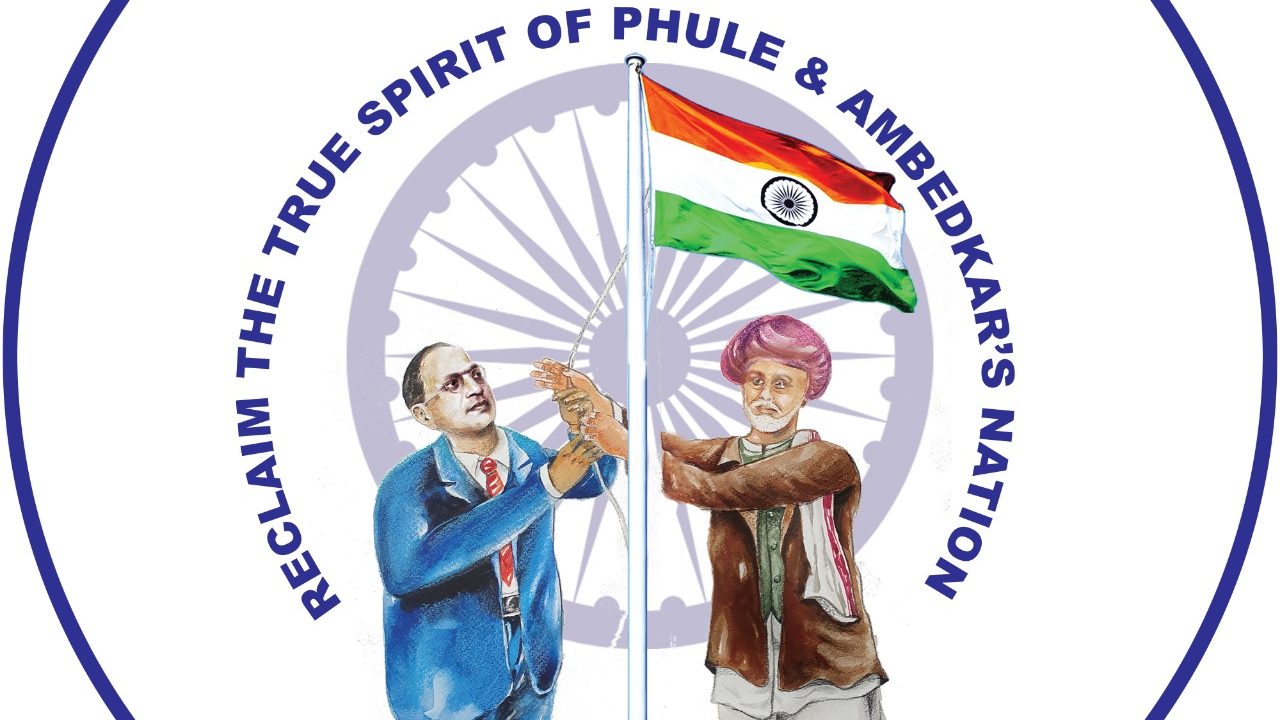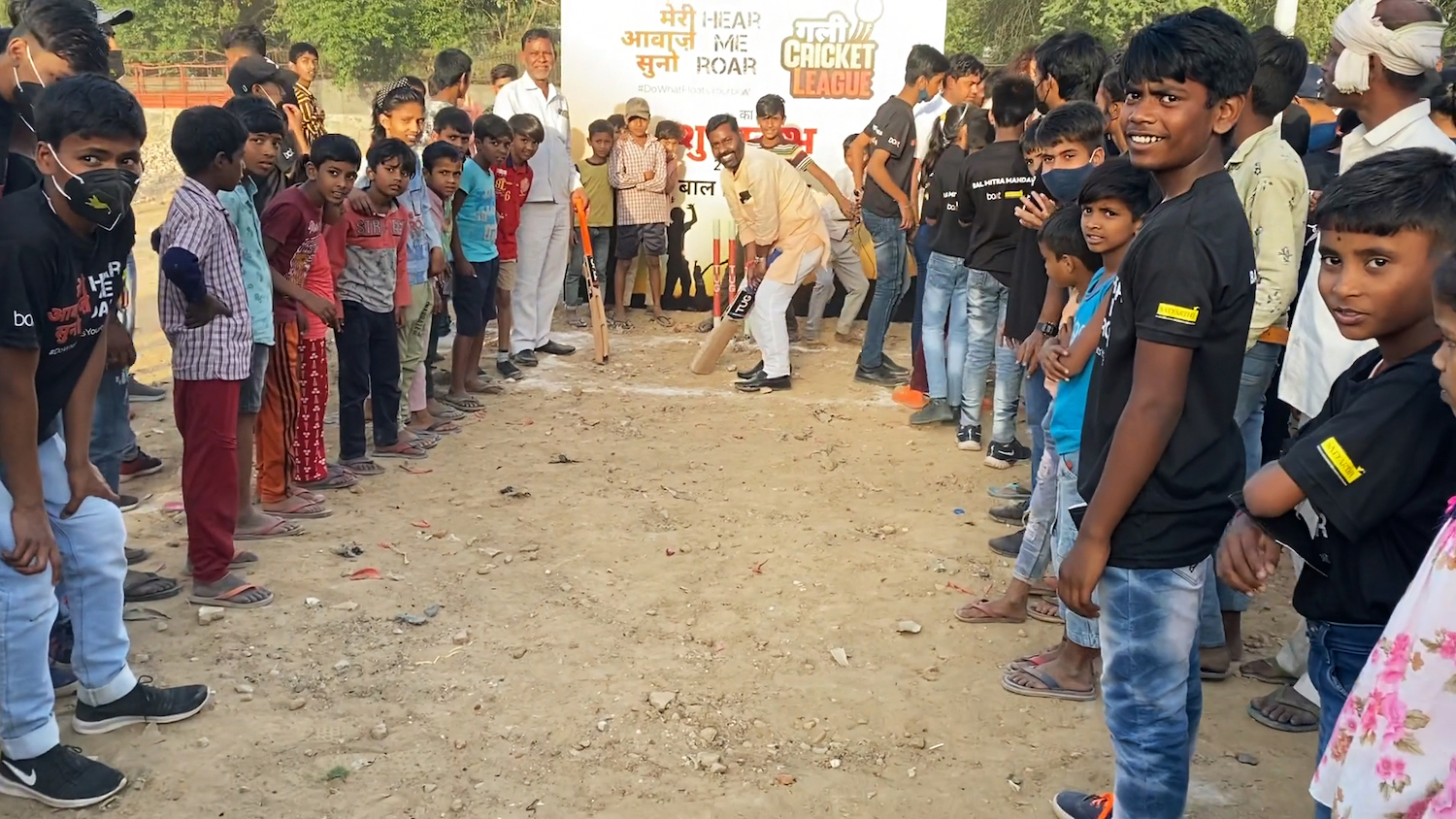In the Name of Justice
Despite amendments to the Hindu Succession Act in 2005, the issue of equal right of daughters to their parental property has become entangled in mutually contradictory legal interpretations. According to the Supreme Court, if a woman’s father died before 9 November 2005, she would not get any share in his property. The law already provides that if the inherited property has been divided before 20 December 2004, the amendment would not apply to it. The matter has now been referred to a full bench of three judges (Justices Arjan Sikri, Ashok Bhushan and M.R. Shah).
Meanwhile, some issues have been raised in the media. It is being said that now that the daughters and sons have been given equal rights to parental property and women already have the right to half of their husbands’ property, and that the discrimination against women has ended. Hare-brained arguments are being advanced to support this contention. For instance, sons and daughters, and wives do not have the right to seek the division of property before the death of their parents and husbands, respectively. And, pray, why should they have this right? Daughters have equal rights to their parental property only if the parents die intestate. If they have made a will, the daughter will get property in accordance with the will. But if there is any dispute over the will, the daughter will have to spend years making the rounds of courts.
ALSO READ: SUPREME COURT APPROVES OF ADULTERY: WHERE SHOULD THE WOMEN GO?
It is true that any person (whether man or woman) can will his or her earned property to anyone – not only within the family but also outside it. There is also no doubt that the sons, daughters or wives cannot claim their share in the property of their living parents or their husbands. According to Muslim Personal Law, one cannot will more than one third of one’s property. Earlier, under the Hindu Succession Law, the property was divided only between the male inheritors. By “sons and daughters”, the law refers to the legitimate children only. Illegitimate children get a share of only their mother’s property, not their father’s. A legitimate child is one born of a legitimate, legal marriage. Due to the absolute right of the owner to his property, the succession law is meaningless.
Section 6 of the Hindu Succession Act, 1956 (which came into force on 9 November 2005) provides that the Act will not apply to any ancestral property which was divided before 20 December 2004.
The amended Act provides that if a person dies intestate after the Act coming into force and his property includes ancestral property, then it will be divided equally between his sons and daughters. Like sons, the daughters will also be considered co-portioners. It may be mentioned here that the passage of the Act was preceded by a long debate that began well before 2004 and most of the rich families had completed the process of division of property before the promulgation of the Act.
It should be noted here that the Act provides that the daughters and sons will have equal rights not only to their father’s ancestral property but also to his earned property. The Supreme Court is yet to adjudicate on the issue whether the daughters will get this right after their birth or after their father’s death.
ALSO READ: THE PUNISHMENT FOR BEING A WOMAN: YOU WILL BE WHAT MAN WANTS YOU TO BE
A girl or woman whose father passed away before 9 November 2005 will not be entitled to the rights mentioned in the amended Act. This has been ruled by a two-judge Supreme Court bench of Justices Adarsh Kumar Goyal and Anil R. Dave in their judgment dated 19 October 2015 in the case of Prakash versus Phoolwati (2016 (2) SCC 36). But in another case, Danamma, alias Suman Surpur, versus Amar (2018 (1) Scale 657), a division of the court comprising Justices Ashok Bhushan and Arjan Sikri, in its judgment delivered on 1 February 2018, said that daughters would get the right at birth, even if their father died before 9 November 2005. In this case, a suit related to division of property was pending from 2003.
Announcing their verdict on Mangamal versus T.B. Raju, Supreme Court judges R.K. Agarwal and Abhay Manohar Sapre upheld the judgment in the Phoolwati case. They ruled that at the time of seeking division of the property, both the father and the daughter should be alive. Nearly a month later, Justice Pratibha M. Singh of the Delhi High Court, in her judgment dated 15 May 2018, referring to the Supreme Court decisions, underlined that they were mutually contradictory. She turned down the appeal on the basis of the Phoolwati judgment but gave special permission to appeal in the Supreme Court so that the legal status could be clarified.
Due to contradictory judgments of three different division benches of the Supreme Court, the case was referred to the full bench of three judges (Justices Arjan Sikri, Ashok Bhushan and M.R. Shah) on 5 December 2018. Let us see what the apex court rules. After all, giving women equal rights to property is not child’s play and the courts may take years to arrive at a final decision!
(Translation: Amrish Herdenia; copy-editing: Anil)
Forward Press also publishes books on Bahujan issues. Forward Press Books sheds light on the widespread problems as well as the finer aspects of Bahujan (Dalit, OBC, Adivasi, Nomadic, Pasmanda) society, culture, literature and politics. Contact us for a list of FP Books’ titles and to order. Mobile: +917827427311, Email: info@forwardmagazine.in)
The titles from Forward Press Books are also available on Kindle and these e-books cost less than their print versions. Browse and buy:
The Case for Bahujan Literature
Dalit Panthers: An Authoritative History
Mahishasur: Mithak wa Paramparayen
The Case for Bahujan Literature
Dalit Panthers: An Authoritative History







